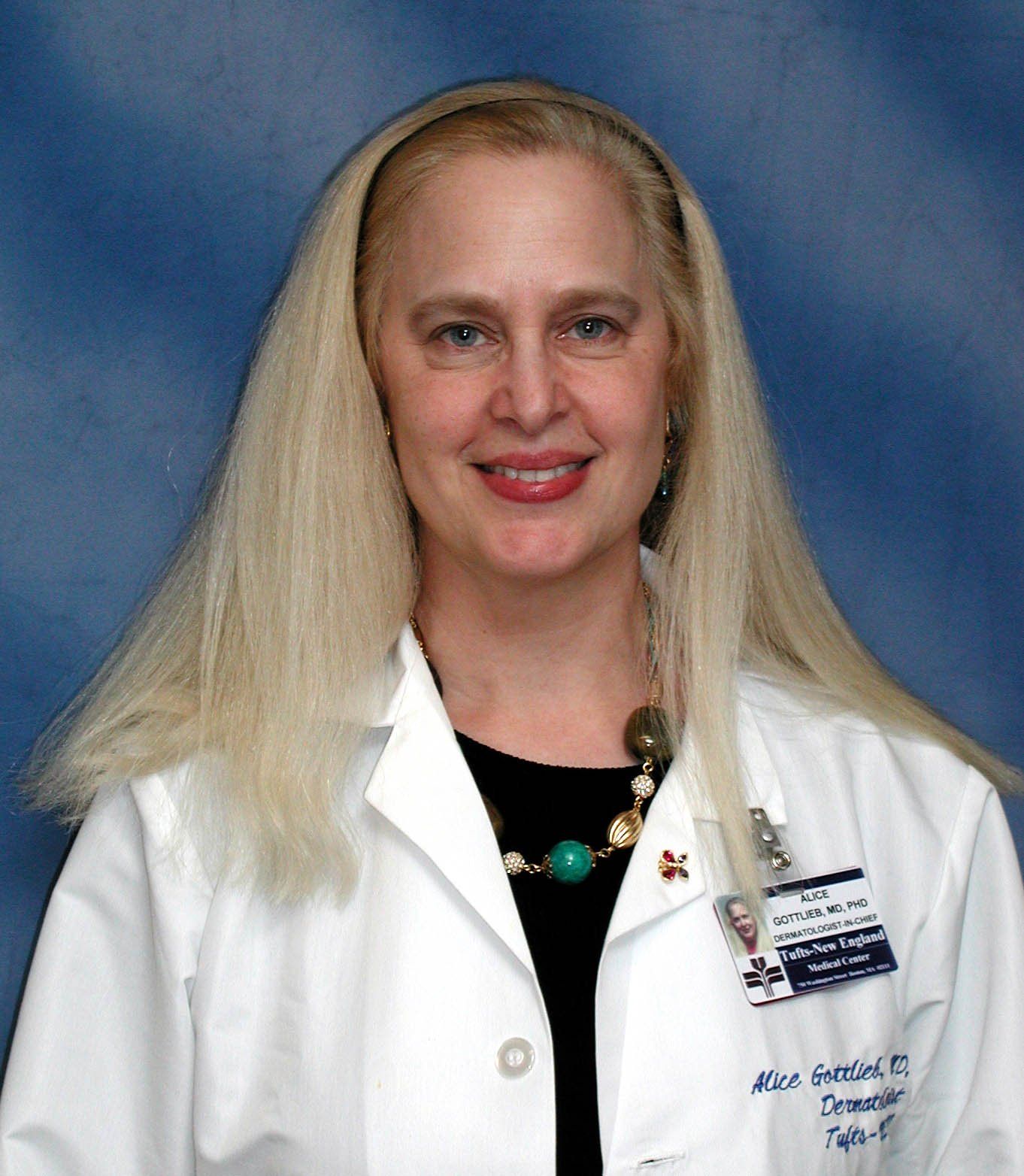- General Dermatology
- Eczema
- Chronic Hand Eczema
- Alopecia
- Aesthetics
- Vitiligo
- COVID-19
- Actinic Keratosis
- Precision Medicine and Biologics
- Rare Disease
- Wound Care
- Rosacea
- Psoriasis
- Psoriatic Arthritis
- Atopic Dermatitis
- Melasma
- NP and PA
- Skin Cancer
- Hidradenitis Suppurativa
- Drug Watch
- Pigmentary Disorders
- Acne
- Pediatric Dermatology
- Practice Management
- Prurigo Nodularis
Article
Payers want more data
A pioneering summit between healthcare payers and groups pursuing standardized outcome measures in dermatology has revealed that payers want outcome measures that are published, universally accepted and practical both for clinicians and payers.
A first-of-its-kind summit has revealed that, to optimize patient care with available resources, healthcare payers need more information than dermatology research has been providing. Such was the message from a meeting organized by International Dermatology Outcome Measures (IDEOM) and reported on at the 74th Annual Meeting of the American Academy of Dermatology (AAD) in Washington, D.C.
IDEOM is a nonprofit organization that is working to establish validated, standardized outcome measures for clinical research and clinical practice that satisfy the needs of all stakeholders in the process of dermatologic care.

Alice B. Gottlieb, M.D., Ph.D."From the beginning," says IDEOM Chair Alice B. Gottlieb, M.D., Ph.D., "We've wanted all the stakeholders to have a say in the outcome. We've included patients, regulators, healthcare providers, pharmacists and scientists dealing with healthcare economics and clinical trials." However, she says, IDEOM has found it difficult to get payers to come to the table, perhaps because they fear they'll be "ambushed" by well-meaning clinicians. She is chair, dermatologist in chief and Harvey B. Ansell professor of dermatology at Tufts Medical Center in Boston.
To surmount this obstacle, IDEOM and the National Psoriasis Foundation convened a special January 29 meeting in Atlanta that focused on healthcare payers. IDEOM paid any such representatives who attended as consultants. Attendees included representatives from Priority Health, Aetna and Blue Cross/Blue Shield, along with pharmaceutical-industry executives and consultants.
The summit featured presentations by IDEOM and by the Psoriasis Foundation. Additionally, "We invited patients with psoriasis and psoriatic arthritis to tell their stories to the payers."
Ultimately, "The payers were very moved by the patients' testimony. All the patients said biologic drugs changed their lives profoundly." Some grew tearful, says Dr. Gottlieb, as they described the devastation psoriasis had wrought upon their lives and their families, and the "roller coaster" effect of clearance followed by flares when using prior therapies.
NEXT: What payers want
What payers want
To reduce practice variability and increase the predictability of payers' costs, Dr. Gottlieb says, payers said they want outcome measures that are published, universally accepted, clinically useful and mandated by major professional societies.
"They also said outcome measures must be clinically meaningful â it's not enough to be better than placebo. They want outcomes that can measure how the overall cost of care decreases by treatment intervention;" for example, how psoriasis treatment with biologic drugs might reduce incidence of psoriatic arthritis, or cardiovascular morbidity and mortality.
Payers need comparative trials showing more than statistical differences between drugs, or average response measures, she adds.
"They need to understand the distribution of patient responses, so that a mean isn't overly influenced by outliers." Additionally, payers desire outcomes that measure treatment effects on patient productivity.
From clinical trials, she says, payers want information that indicates when to start a therapy, switch therapies, adjust dosing downward, and stop treatment that isn't working â plus the probability that nonresponders will respond to a different treatment.
NEXT: EMR obstacles
EMR obstacles
"Payers also acknowledged that current electronic medical records are an obstacle to doing all this," she says.
During the summit, IDEOM invited payer attendees to become active participants in its process. One such representative showed particular interest in getting more involved, says Dr. Gottlieb.
"We are not providing some of the things payers said they need in clinical trials to make informed decisions. I hope that might also change. We want as many patients as possible to get access to the right doctors and treatments."
Achieving this goal will require IDEOM to work with the AAD on updating treatment guidelines, and with regulators and the pharmaceutical industry to provide clinical trials of the type requested by payers, says Dr. Gottlieb.
"We believe this is the first time that payers have been asked in a nonconfrontational way to discuss what outcome measures they need" to make decisions regarding quality â not cost â of care.
One of the summit's key lessons for her, she says, was that although healthcare payers deal with large populations and limited budgets, "They also want to do the right thing by patients."
Disclosures: Dr. Gottlieb is chair of IDEOM but reports no relevant financial interests.





